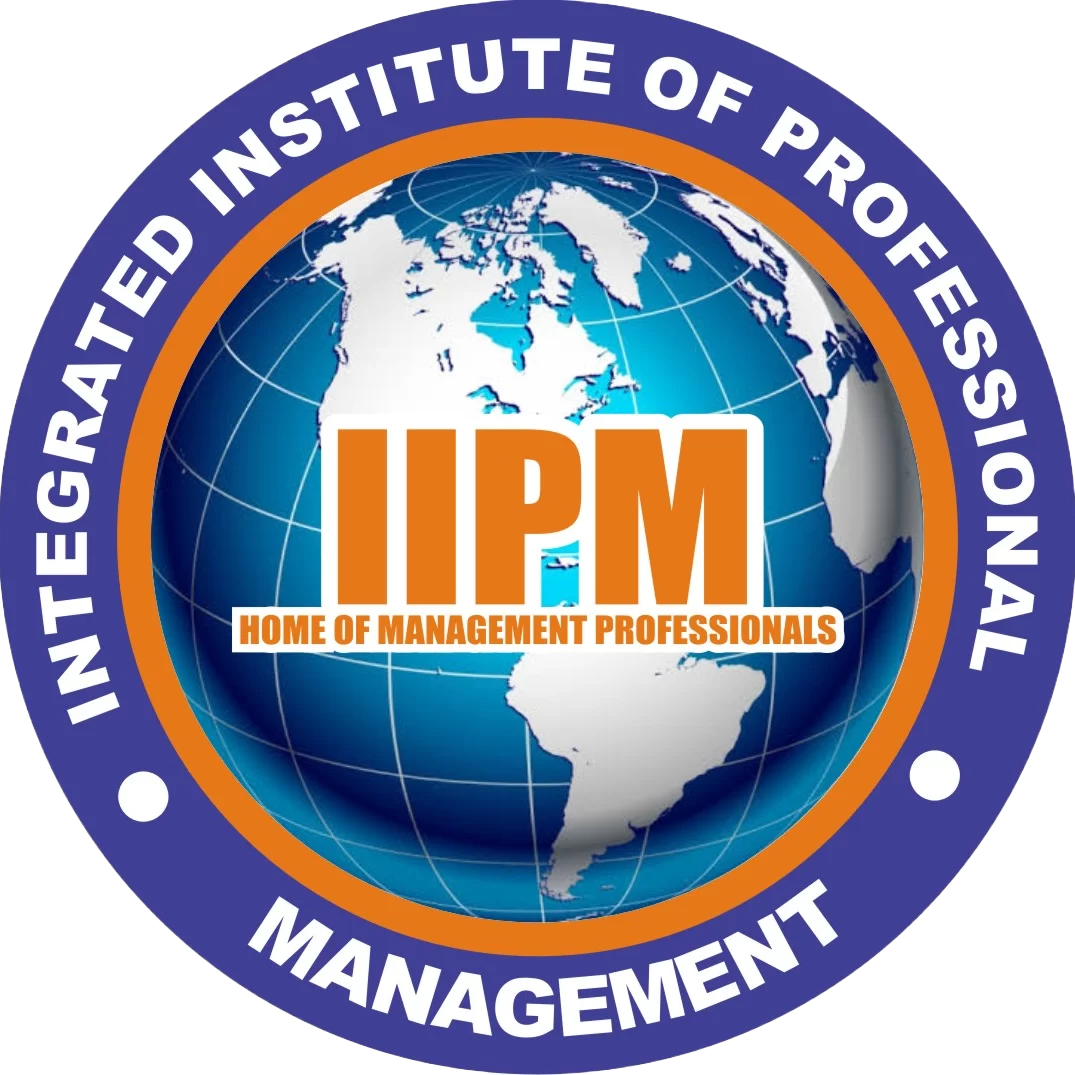Sometimes in 2020 during the COVID-19 pandemic, my organization “the Integrated Institute of Professional Management” did a workshop on the Future of Work. It was expository and well attended. I am quite happy that the workshop came up then because it helped the participants to begin to rethink their job roles, skills, careers and businesses. There had been quite a lot of testimonials on how the workshop helped them to work towards remaining relevant in the workplace of today. The future of work of work has become a widespread concept both the private and public sectors across nations even individuals. It has given room for the emergence of an innovative workplace, professionalism, excellence, efficiency, quality work-life, high performance, and productivity among others. However, it remains alien to some. Is it real or not? In this article, I will be reviewing the concept of the future of work and how individuals and organizations prepare for it.
The future of work is a term that refers to the changes and trends that are shaping the world of work in the coming years. These changes are being driven by a range of factors, including technological advancements, globalization, demographic shifts, and changing attitudes towards work. The future of work is a topic of much debate and speculation, with experts predicting major changes in the way we work, the skills we need, and the types of jobs that will be available.
Some of the key trends that are shaping the future of work include automation, the gig economy, remote work, and the changing nature of skills. Automation refers to the use of robotics, artificial intelligence, and machine learning to automate routine and repetitive tasks, which is expected to lead to significant changes in the job market. The gig economy refers to the growing number of workers who are freelancing or working on short-term contracts, while remote work allows employees to work from home or other remote locations.
The changing nature of skills is also a major factor in the future of work. As automation and other technological advances continue to disrupt traditional job roles, workers will need to develop new skills to remain competitive. These skills will include technical skills, such as coding and data analysis, as well as soft skills, such as communication, collaboration, and problem-solving.
The future of work is likely to be characterized by greater flexibility, innovation, and adaptability. While these changes may present some challenges, they also offer many opportunities for workers and businesses alike. By embracing new technologies and work models, and by continually developing new skills, workers can position themselves for success in the evolving job market of the future.
How individuals are preparing for the future of work
Individuals are preparing for the future of work by developing new skills, staying adaptable, and staying informed about emerging trends and technologies. Here are some specific steps individuals can take to prepare:
Learn new skills: As the nature of work changes, it is important to develop new skills to remain competitive. This might include technical skills, such as coding or data analysis, or soft skills, such as communication or leadership. Look for training opportunities relevant to your career, profession and business through online courses, workshops, or continuing education programs, and apply yourself to studying them.
Stay adaptable: The future of work is characterized by frequent changes and disruptions, so it is important to be flexible and adaptable. This might mean being open to new job roles or work arrangements or being willing to learn new skills on the job. There must be first, an open mind to changes.
Build a diverse network: Building a diverse network of professional contacts can help individuals stay connected to emerging trends and opportunities. Attend industry conferences and events, connect with colleagues on social media, and seek out mentors or advisors who can provide guidance and support.
Embrace technology: Technology will continue to play an increasingly important role in the future of work, so it is important to be comfortable using a variety of digital tools and platforms. Stay informed about emerging technologies and how they are likely to impact the job market.
Stay informed: Keeping up-to-date on emerging trends and technologies is critical for individuals who want to stay competitive in the job market. Read industry publications, follow thought leaders on social media, and attend conferences or webinars to stay informed about the latest developments.
Summarily, preparing for the future of work by individuals requires a proactive approach to skill development, networking, and staying informed. By taking these steps, individuals can position themselves for success in the rapidly-evolving job market of the future.
How organizations are preparing for the future of work?
Organizations are preparing for the future of work by adapting to emerging trends and technologies, and by fostering a culture of innovation and flexibility. Here are some specific steps organizations can take to prepare:
Invest in technology: As automation and other technological advances continue to disrupt traditional job roles, it is important for organizations to invest in new technologies and digital tools. This might include machine learning and AI, collaboration software, or virtual reality and augmented reality tools.
Foster a culture of innovation: Organizations that foster a culture of innovation are better positioned to adapt to the rapidly-changing job market of the future. This might involve encouraging experimentation and risk-taking, or creating formal innovation programs that encourage employees to develop and test new ideas.
Develop agile work practices: Agile work practices, such as agile project management or agile software development, can help organizations respond quickly to changing market conditions and customer needs. These practices emphasize flexibility, collaboration, and iterative development.
Embrace remote work: Remote work is likely to continue to be a major trend in the future of work, so it is important for organizations to embrace and adapt to this new way of working and managing human resources effectively. This might involve investing in remote collaboration tools or rethinking organizational structures to better support remote work.
Invest in employee development: As the nature of work changes, it is important for organizations to invest in employee development and training to ensure that their workforce has the skills they need to remain competitive. This might involve offering training programs or partnering with educational institutions to offer continuing education opportunities.
Preparing for the future of work for organizations also requires a proactive approach to technology, innovation, and employee development. By taking these steps, organizations can position themselves for success in the rapidly-evolving job market of the future.
In conclusion, the future of work is likely to be shaped by a combination of automation, the gig economy, remote work, and the changing nature of skills. While these trends will create new opportunities for workers, they will also require workers to be adaptable and flexible, and to continually develop new skills to stay relevant in the job market. As businesses and workers navigate these changes, it is important to embrace the benefits of new technologies and work models, while also being mindful of the potential risks and challenges. With the right approach, the future of work has the potential to be more flexible, innovative, and rewarding than ever before.
Subscribe for more relevant articles here ===>

Management Consultant and Trainer
Eburuche Banito is a multi-faceted professional with key competencies in management, business, entrepreneurship and leadership development. He is a high-performance management consultant, trainer and business strategist with unequaled leadership and communication skills. He has excellent skills and working experience in marketing, organizational design and development, behavior modeling, customer relations, strategic management, operations management, occupational health and safety, and executive leadership development. He specializes in helping businesses develop thriving business strategies and capacity development to meet up with the pace of change in the present-day economy while coaching and mentoring career persons and start-up entrepreneurs. He has worked in the FMCG, engineering, consulting and telecommunication industries. In a sentence, he is a high-performance consultant, value-driven trainer, prolific writer and transformational speaker. He is currently the Executive Director of the Integrated Institute of Professional Management.

